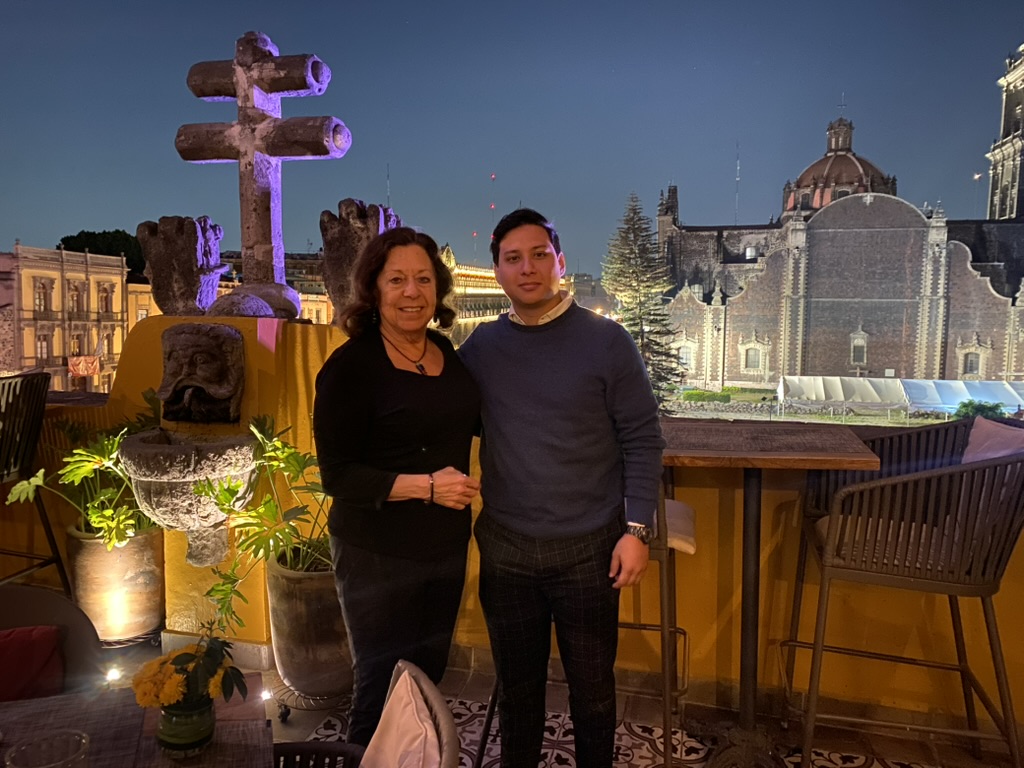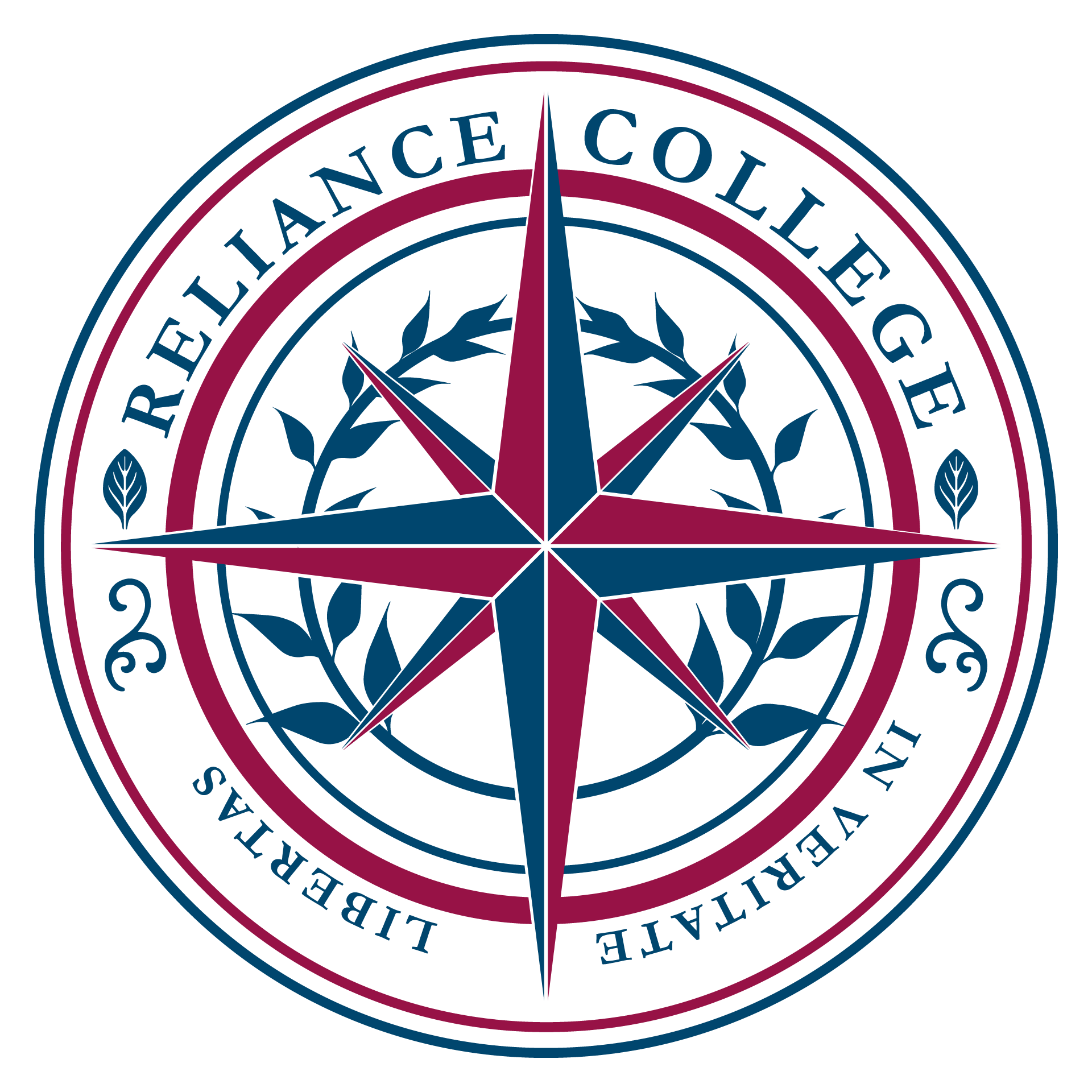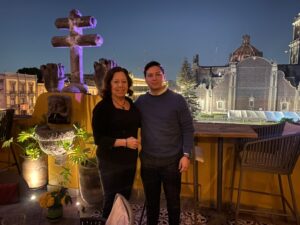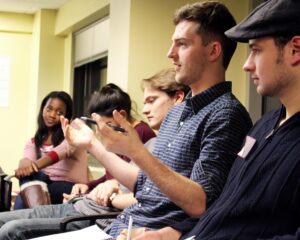Last week I was fortunate enough to attend the Mont Pelerin Society’s meeting in Mexico City where we discussed, in many different formats, the state of Classical Liberalism in the Americas.
To be clear, “Classical Liberalism” is different from what most Americans tend to think of as “Liberalism” – because the collectivists took over the term in the States, under the aegis of “liberation of the oppressed.”
Classical Liberalism is a political tradition stretching back to the 19th century, encompassing the ideas of free societies with limited government that protects individual rights, rule of law, civil liberties especially freedom of speech, and laissez-faire economics as a consequence of property rights.
The Mont Pelerin Society was founded by Classical Liberals such as Friedrich Hayek, Ludwig Von Mises, Frank Knight, Milton Friedman, and Werner Erhard (architect of Germany’s economic rise after WWII).
A Legacy of Liberty: Grupo Salinas Advances Free Market Education in Mexico
Last week, we learned about many remarkable initiatives in the Hispanic world. For example:
Ricardo, Ninfer, and Roberto Salinas of Grupo Salinas, Mexico hosted the conference and we were able to tour their Universidad de la Libertad in Mexico City. This university aims to help young people interested in business and entrepreneurship thrive. It has fabulous facilities, great pedagogy, and helps students learn about the history, structure, and benefits of truly free societies.
The Salinas’s also run 27 high schools that help poor students get an excellent education, learn how to develop wealth and become independent, focusing not only on the practical, business knowledge, but on how to develop character and self-confidence. The Salinas family have been Classical Liberal advocates since the company was founded in 1904 and Ricardo’s grandfather brought Ludwig Von Mises to Mexico in the mid-20th century to help educate people about Mises’ ideas.
How Guatemala’s Prosperity Lab Is Redefining Poverty Solutions—One Family Business at a Time
The Prosperity Lab of the University Francisco Marroquinn in Guatemala reported on their ingenious program for helping poor business owners help themselves. They find small business owners, often families with really small businesses, maybe selling umbrellas in the local markets, and interview the whole family about the business and what obstacles they face. Then they teach the families wider knowledge in business practices, such as how to get loans or solidify their property. The Lab program also incorporates learning – in the business owner’s idioms – principles of classical liberalism by showing them how these principles are to their benefit.
Prosperity Lab is now expanding its practices to other countries in Latin America and even to the U.S. through my friend and colleague, Jeffrey Baldwin’s organization, Libre Institute. I can hardly wait until we see the expanding business and wealth these developments will bring to Latin America and Latinos in the U.S.
From Dream to Digital Reality: Gabriel Calzada’s Global University Takes Flight
The University of the Hesperides in the Canary Islands was conceived and finally opened – after 15 years of struggle to deal with the regulators in Spain and 105,000 documents. After one year of operation, it has 320 students enrolled from all over the world in its online program.
Gabriel Calzada, who is from the Canaries, and his wife, Karen Maeyens, conceived this idea long ago. Little did they know how long it would take them and in the meantime, Gabriel was president of Universidad Francisco Marroquin.
But he said that the time had at least one benefit: they learned so much about how to implement the idea technologically that it is working fantastically. They are able to employ top professors and speakers, no matter their location. And they are drawing very curious students who don’t want classes to end and ask for more readings afterwards. Each student can engage in additional discussions on all kinds of topics in the Metaverse which the university set up. They are constantly working to improve – I can hardly wait to see what happens next!

I also had a chance to hear our Great Connections 2024 student from Ecuador, Daniel Mayorga, present a paper at the conference. He and I had dinner at a lovely restaurant overlooking the Zocalo Cathedral, a plaza and Aztec ruins.
I also got to see the ancient pyramids at Teotihuacan, about 35 miles northeast of Mexico City. They weren’t burial sites, as they are solid stone. Not a lot is known about the people who built them and lived there from around 150 BCE to 700 or 700 AD, especially because there is no written language. The Aztecs migrated to Mexico from what is now Arizona centuries after the ancient people disappeared.
Returning to the subject of the conference, it was exciting to learn about these developments and much more at Mont Pelerin. Let’s hope it bodes well for the spread of Classical Liberal ideas!






